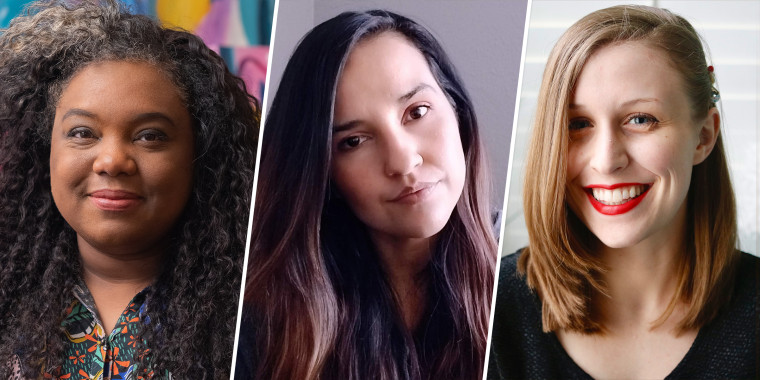Amanda Alonzo’s son was about 2 years old when he underwent an autism assessment. During the process, doctors peppered Alonzo with queries about behaviors of her son’s that were associated with autism.
“They would ask me questions and I was like, ‘Oh I didn’t find that they were abnormal’ because I (also) did a lot of those things,” Alonzo, 37, recalled to TODAY Parents. “That piqued my interest.”
She didn't give the matter too much thought until she started graduate school to become a therapist. A professor encouraged students to see a therapist as they studied. Suddenly, something clicked.
“I literally popped into the room and was just like, ‘I have autism,’” Alonzo said. “It was such an intense moment for me and it was hard for me to wrap my head around it.”
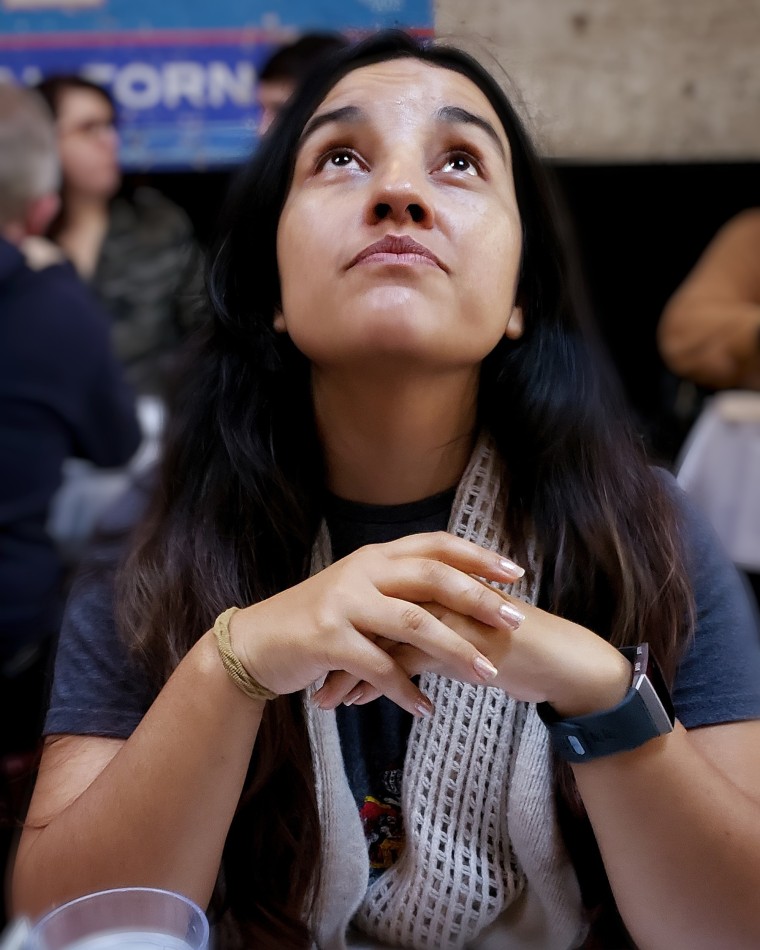
Alonzo received a formal autism diagnosis at about age 27. In doing so, she joined the ranks of growing numbers of adults — many of them women — who learn the truth about their own neurodiversity after their children get diagnosed on the autism spectrum.
A 2019 research paper notes that even though autism spectrum disorder has long been viewed as a predominantly male diagnosis, the gender disparity in prevalence may be smaller than previously thought.
The paper noted that the male to female ratio of people diagnosed with autism is about three to one, meaning there are three people who identify as male with autism to every one person who identifies as female with autism. One possible reason for the difference? The paper's authors highlighted research showing that diagnostic tools may be relying too heavily on stereotypes of males with autism.
Alonzo said she's come to understand that autism spectrum disorder can present itself slightly differently in females. She's also learned another reason the developmental condition might have been missed in her case: “I come from an immigrant family, first generation on my dad’s side, so a lot of my behaviors got written off.”
As a child growing up, Alonzo often cried — having what she now knows were meltdowns — but her family just thought she was a “crier.”
“There were multiple factors that all make sense now,” she said.
Having a mysterious burden lifted
Olivia Hops also recalls having uncontrollable fits of crying as a child that she now recognizes as meltdowns.
“I would scream at God, asking him, ‘Why did you make me like this?’” she told TODAY. “My whole life I felt like I was different. I always used to say my brain didn’t work right.”
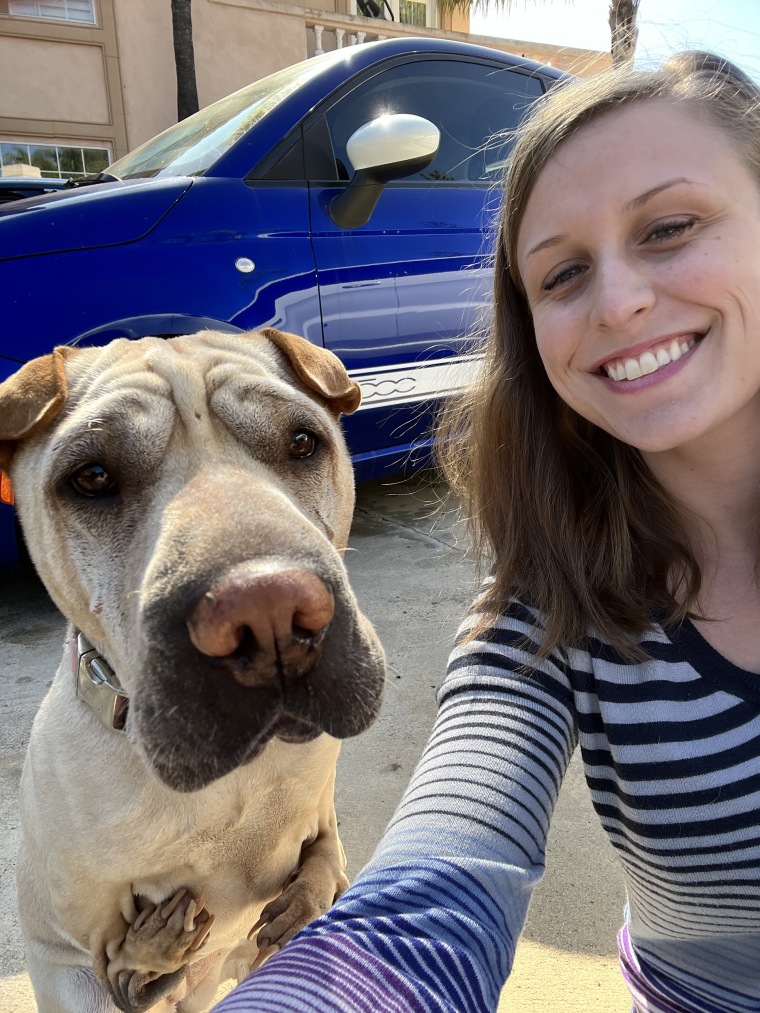
In January 2020 at the age of 24, Hops learned why.
“It was the best day of my life,” she said of the day she was diagnosed with autism. “It just lifted a burden off (my) shoulders and I finally, finally got an answer of why I was different.”
A 2020 paper examining women who had been diagnosed with autism in adulthood said that many of them experienced lifelong feelings of being "wrong," "broken" or "bad." Receiving a diagnosis gave them the opportunity to reflect on their life experiences in new ways and make the transition “from being self-critical to self-compassionate.”
Related story: Why the focus of autism research has shifted away from the search for a ‘cure’
Hops said she now feels like she has a better understanding of herself. But even though she was relieved to get the diagnosis, she experienced tough emotions about it.
“Why did I have to wait until I was 24 to get this diagnosis? There is so much trauma that I would have avoided,” she said. “All the therapists, they never suspected autism — and so it’s really that my anger evolved from like, ‘Why did you not do anything?’ to ‘Why are professionals not educated well enough?’”
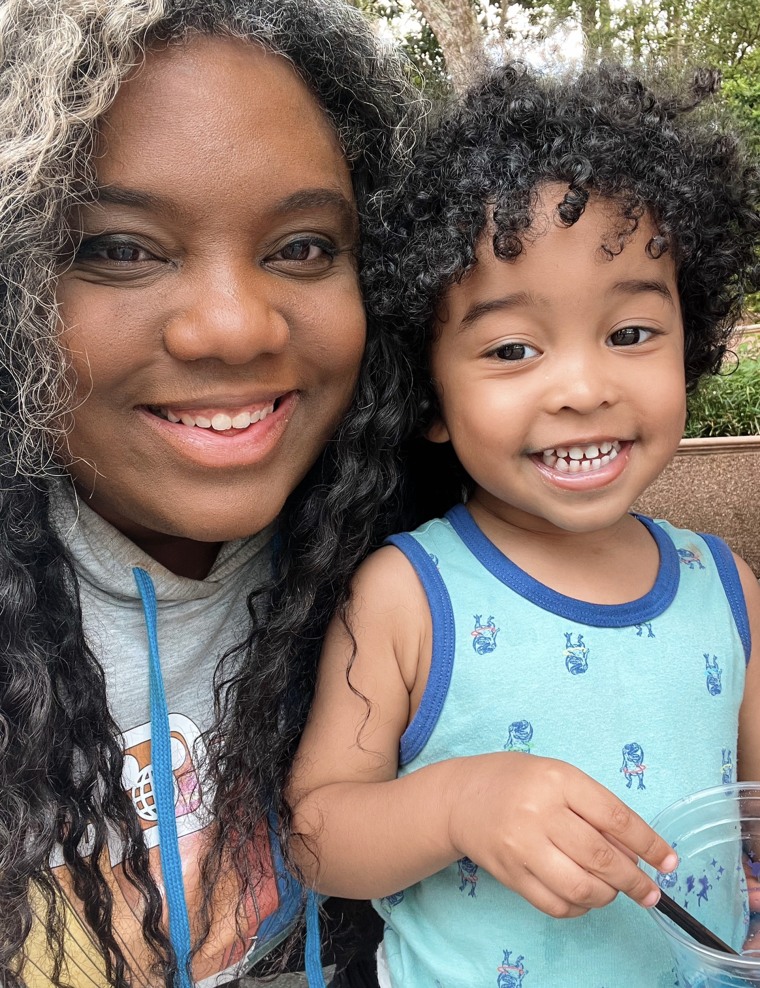
Morgan Harper Nichols’ parents suspected that she had autism when she was a child. But no professionals even considered it as a possibility.
“It’s very hard for girls (and) for people of color to get diagnosed,” the 32-year-old writer and artist told TODAY. “The studies weren’t done on little Black girls. A lot of them are done on little white boys. So it became even harder to get help or even a consultation. Honestly, I just grew up assuming — well, I knew — something was going on, but I didn’t really have any insight as to what it was.”
Related story: Mom Morgan Harper Nichols shares what it’s like to be a neurodivergent parent
Finding support for autistic adults
While children diagnosed with autism might have access to services, school accommodations and various therapies, adults typically have fewer resources and connections. The three women featured in this story decided to continue participating in therapy after they received their autism diagnoses; now, though, their therapy sessions are even more tailored to their needs.
Alonzo, who is studying in a doctoral program, did recently request accommodations at school — even though she felt conflicted about it. Possible accommodations for people on the autism spectrum could include anything from allowing more time to complete exams and other tasks, to providing work spaces with less harsh lighting or fewer loud noises or distractions.
“I’m sure I needed accommodations in the past, but I always pushed through,” she said. “This is the first time in my life where I was like, ‘I need accommodations because I’m suffering.’ That was really difficult for me to come to terms with.”
Related story: Autism glossary: What to say, and what not to say, when talking about autism
She said an upcoming doctoral exam has been causing her to feel “dysregulated,” which means it becomes tougher for her to manage her emotions. At one point, she even considered quitting school.
“I almost didn’t continue on with the process because this exam, the way it’s set up, I have to do something that extremely heightens my symptoms of autism,” she said. “This is a perfect example of how one thing can completely unravel and change the course of life for us on the spectrum.”
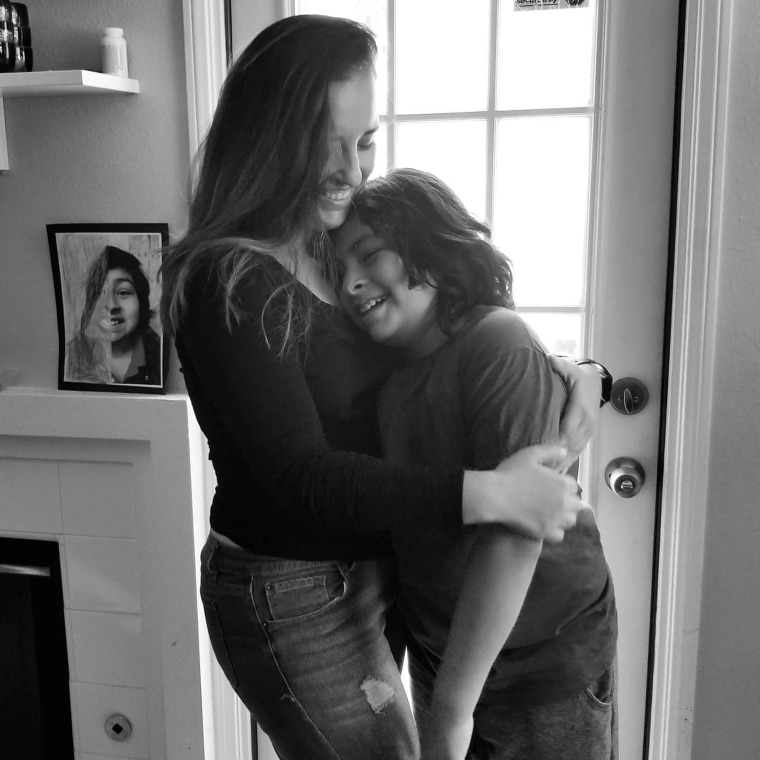
Hops had a similar experience in feeling like the world wasn’t set up for her after she landed what she thought was her “dream job” at 18. But she wound up loathing it.
“I knew I needed to be my own boss and that’s another thing about autism — I couldn’t have a regular job,” Hops said. “A lot of us can’t have regular jobs (because of) the socializing aspect of it, the stimuli aspect of it. Obviously I didn’t know as much at the time — I just knew I couldn’t have a normal schedule.”
Hops started her own business, Unbaked: A Cookie Dough Bar, which sells cookie dough that people can eat unbaked.
“I’ve always liked cookie dough and always licked the bowl and thought, ‘Wow this would be a really cool idea if it was cookie dough instead of ice cream,’” she explained.
Hops is considering a career change, though.
“I want to focus my time fully on helping other autistic adults to start their own business, or just help them in their life and what they’re going through,” she said.
Helping autistic adults find jobs or start their own companies is important, said Kerry Magro, a 34-year-old autistic man who is a public speaker and author of the recently released book “Autistics on Autism.” Magro noted that the unemployment rate for autistic people is “sky high.”
“I’ve been wanting to do more advocacy and public speaking about ... the return on investment benefits of hiring autistic people in the workplace, and the benefits of not only doing legislation but also hiring people in our local governments to actually support the autism community,” he told TODAY Parents.
Magro said he believes that recent revelations of autism diagnoses from the likes of Elon Musk, Wentworth Miller and former "Bachelor" contestant Demi Burnett might help change the way people think about autistic adults.
Related story: Once nonverbal, Kerry Magro writes children’s book so kids feel less alone
Visibility can help people get better diagnoses — Nichols, for example, watched a lot of autistic TikTok creators who helped her advocate for herself to receive her diagnosis. She said she wishes there was more accurate representation in traditional media, though.
“I can’t even think of a Black autistic character on anything,” Nichols said. “It’s just a lack of representation. So that people don’t even consider it as a possibility when I share my story. One of the main responses that I got was, ‘I didn’t know people could get diagnosed as an adult.’”
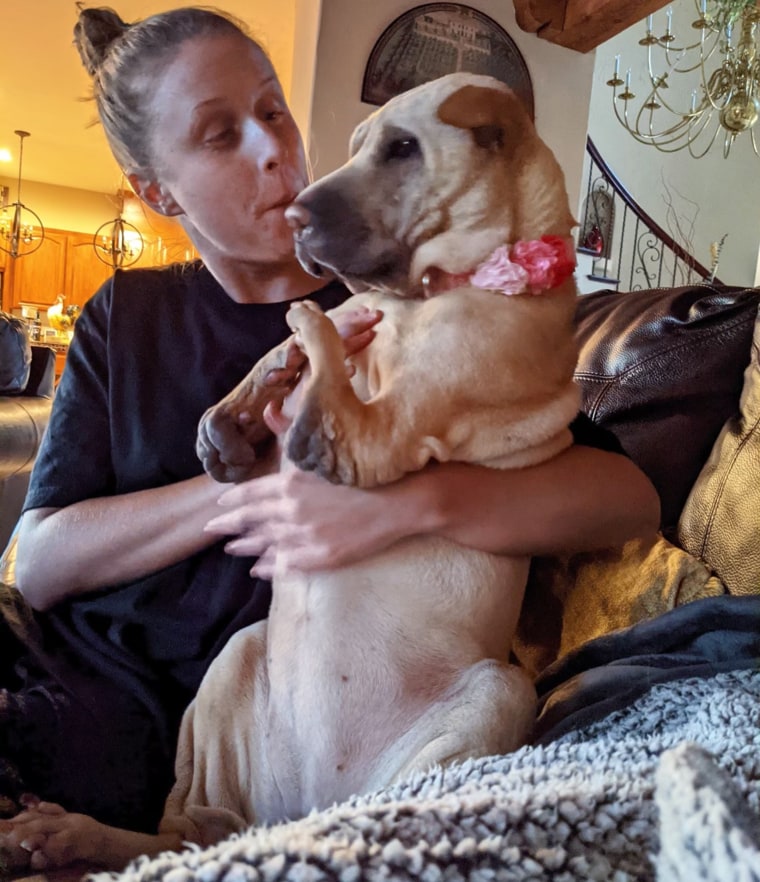
Nichols noted that while social media can help many people feel less isolated and can normalize some feelings, it also can be a double-edged sword.
“While there is a lot of divisiveness in the (autism) community, I have found some really great people that I have been able to talk to in the online space,” she said. “As females one thing we have in common is the majority of us got diagnosed later in life, which is common, unfortunately.”
Related video:
